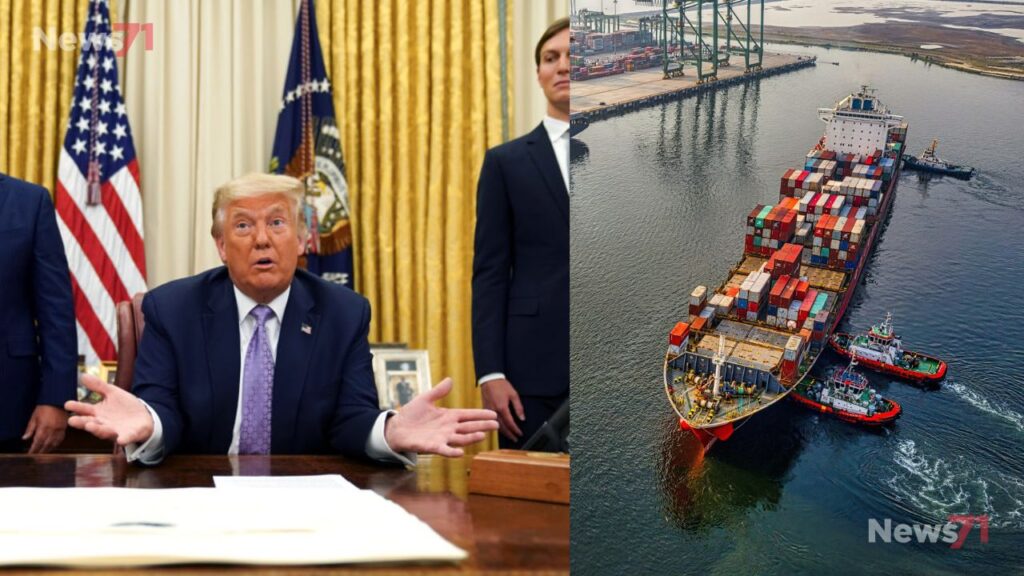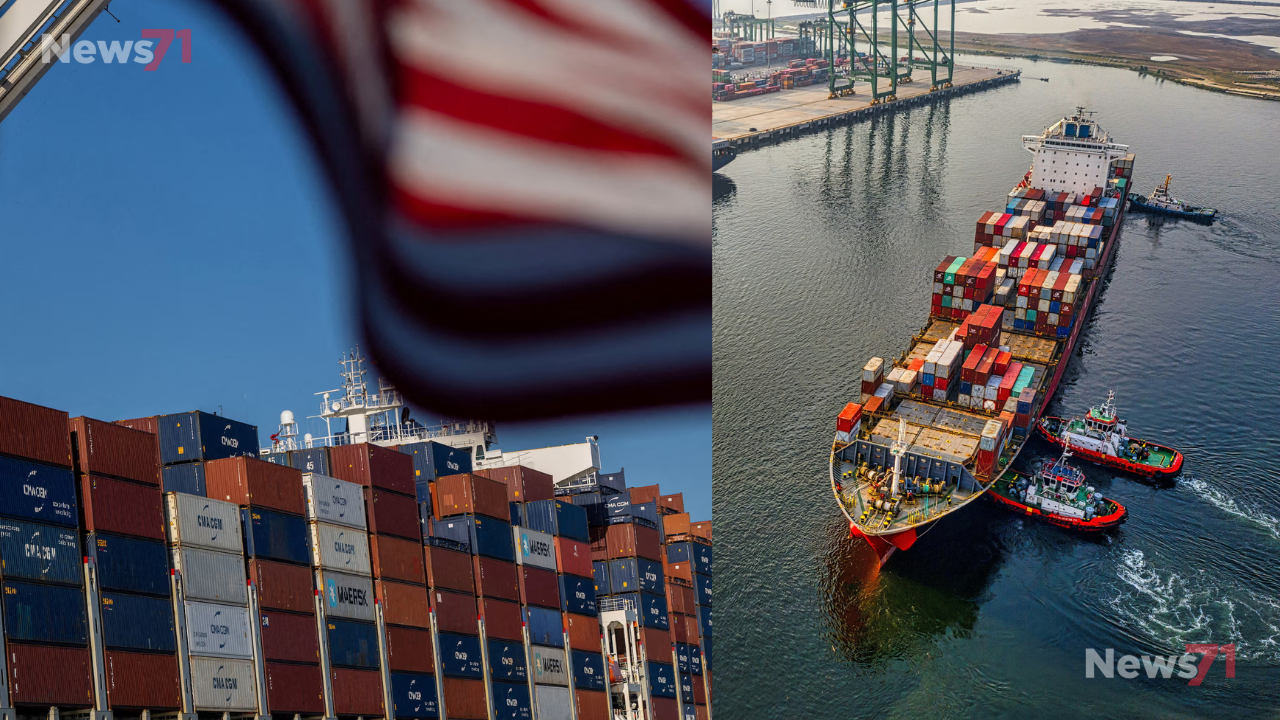A historic deal to cut global shipping emissions has been abandoned after intense lobbying from Saudi Arabia and the United States led to the collapse of the talks. More than 100 countries had gathered in London to approve an agreement that would have made the shipping industry the first sector globally to adopt internationally mandated targets to reduce its carbon emissions. The deal, first agreed upon in April, had initially garnered broad support, but strong opposition from the US ultimately led to its downfall. President Trump had previously labeled the plan a green scam, and members of his administration threatened to impose tariffs on countries that supported the deal. US Secretary of State Marco Rubio declared the outcome a significant win for Trump, claiming victory for his administration’s stance on the issue.
In a dramatic turn of events on Friday, the final day of talks, Saudi Arabia introduced a motion to adjourn the negotiations for a year, effectively halting the agreement. The motion passed by a narrow margin, leaving countries frustrated and divided. The chairman announced that the motion would require revisions to the key timelines for the treaty, making it impossible to proceed as originally planned. Ralph Regenvanu, Vanuatu’s Minister for Climate Change, strongly criticized the decision, calling it unacceptable given the urgency of addressing climate change. He expressed frustration, stating, We came to London in reluctant support of the IMO’s Net Zero Framework. While it lacks the ambition that climate science demands, it still marks a significant step forward. The shipping industry itself had largely supported the agreement because it offered consistent, global standards for reducing emissions. However, Thomas Kazakos, secretary general of the International Chamber of Shipping, expressed disappointment at the failure to reach a resolution, stating that the industry needs clarity to make the necessary investments.
Landmark Shipping Deal Collapses as US and Saudi Arabia Halt Emissions Agreement

While the UK and most EU nations voted to continue the talks, several countries, including Greece, abstained. Saudi Arabia, Russia, and the US were among those who voted to adjourn the negotiations, raising concerns that the deal would result in higher costs for consumers. Even countries that had initially supported the agreement, including China and several island nations, eventually chose to delay proceedings under pressure from the US administration. The agreement, which had taken 10 years to negotiate, was seen as groundbreaking, as it would have made shipping the first global industry to set mandatory targets for emissions reduction. Starting in 2028, the deal would have required ship owners to use cleaner fuels, with fines imposed on those who failed to comply. Shipping, which accounts for about 3% of global emissions, was identified as one of the few sectors unable to reduce its carbon footprint due to the lack of financial incentives.With the talks now postponed, environmental advocates warn that delaying action could lead to significant setbacks. According to the International Maritime Organization, without intervention, emissions from the shipping sector could rise by as much as 150% by 2050. The disruption caused by the delay undermines the carefully crafted timeline for implementing the agreement, potentially reversing years of progress. As the US continues to push back against the deal, the future of the Landmark Shipping agreement remains uncertain, leaving the global community questioning the next steps for reducing emissions in the sector. Landmark Shipping






